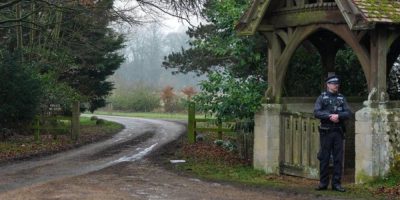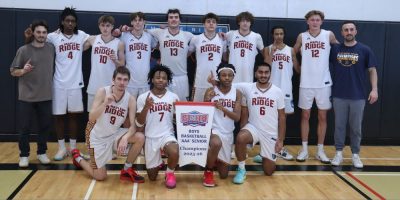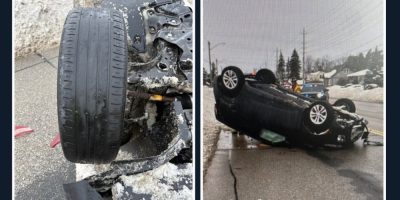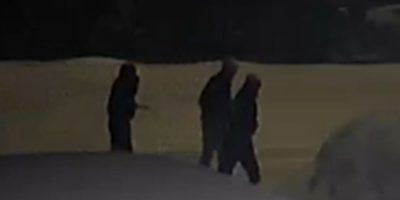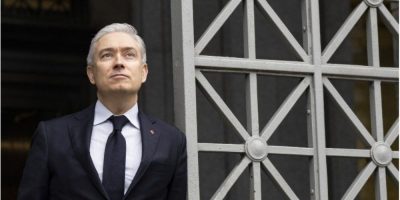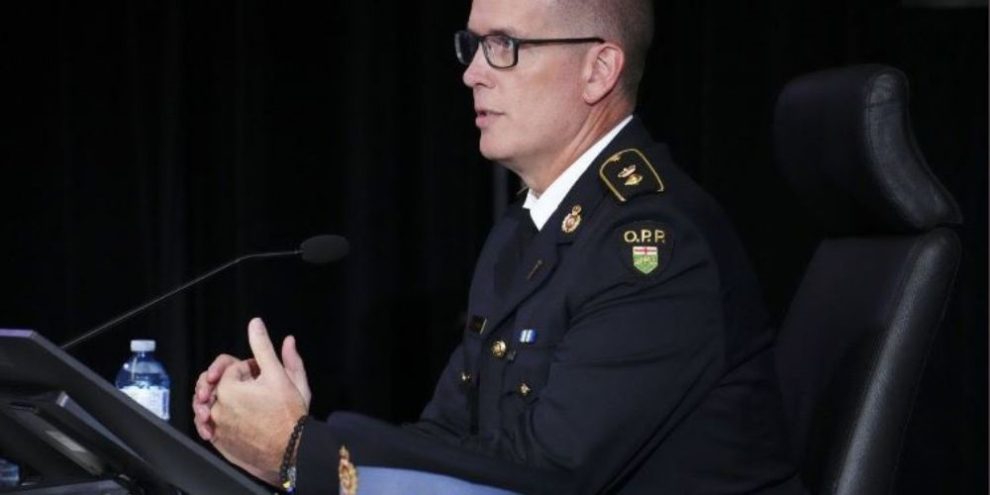
By Laura Osman and David Fraser in Ottawa
The lawyer for Ottawa's former police chief says the number of officers needed to clear the "Freedom Convoy" wasn't "pulled out of a hat," despite concerns expressed by a senior Ontario Provincial Police officer.
Supt. Craig Abrams told the public inquiry into the Trudeau government's use of the Emergencies Act that he was in a February meeting with former chief Peter Sloly, who told his staff he would ask for double the number of officers they thought they needed.
The statement concerned Abrams enough to raise it with his superior officer, and the next day Sloly announced a request for 1,800 officers from other police agencies.
"I only said that I was suspicious how they could come up with a number like that, and certainly the suggestion that that number would be doubled," Abrams said during cross-examination by Sloly's lawyer Tom Curry on Friday.
Abrams said he was suspicious because there didn't appear to be an integrated plan in place at that point, so he didn't understand where the number could have come from.
The comments led to a tense exchange at the inquiry with Sloly's lawyer, who accused Abrams of casting doubt on the request for resources to end what had been deemed an illegal occupation of the capital city.
"What did you think you were doing?" Curry asked, demanding to know whether Abrams thought he was acting in the interest of Ottawa police, Ottawa residents and the federal government.
Abrams said he was acting in the interest of his OPP officers.
Commissioner Justice Paul Rouleau intervened several times during the exchange.
Curry also accused Abrams of passing false information on to Ontario's solicitor general, Sylvia Jones, about how many OPP officers were helping in Ottawa, which led Jones to overestimate how many officers were involved in the response.
Abrams denied that, saying he reported the number of officers up through the chain of command but wasn't responsible for how those were used. Curry said Abrams never worked to correct the record.
"It impacted what the RCMP considered the Ottawa police service needed, it impacted the way the public in Ottawa thought that the OPS was handling the matter, it impacted the council," Curry said.
The protest ultimately represented the largest unplanned deployment of Ontario Provincial Police officers in the service's history.
Throughout his testimony, Abrams expressed several serious safety and logistical concerns about the way Ottawa police handled the crisis in January and February.
In one instance, Abrams refused to have OPP officers help to remove trucks from the area of Rideau Street and Sussex Drive over concerns about safety and the lack of planning in place.
At that meeting, he said Sloly repeatedly raised his voice and became heated.
In another example, he said OPP negotiators convinced protesters to remove fuel from an encampment at Coventry Road, east of downtown Ottawa.
But then Ottawa police began arresting the protesters as they left the fuel site and charged them with mischief, which Abrams says set the negotiators' efforts back.
Banner image: THE CANADIAN PRESS/Sean Kilpatrick
This report by The Canadian Press was first published Oct. 21, 2022.

